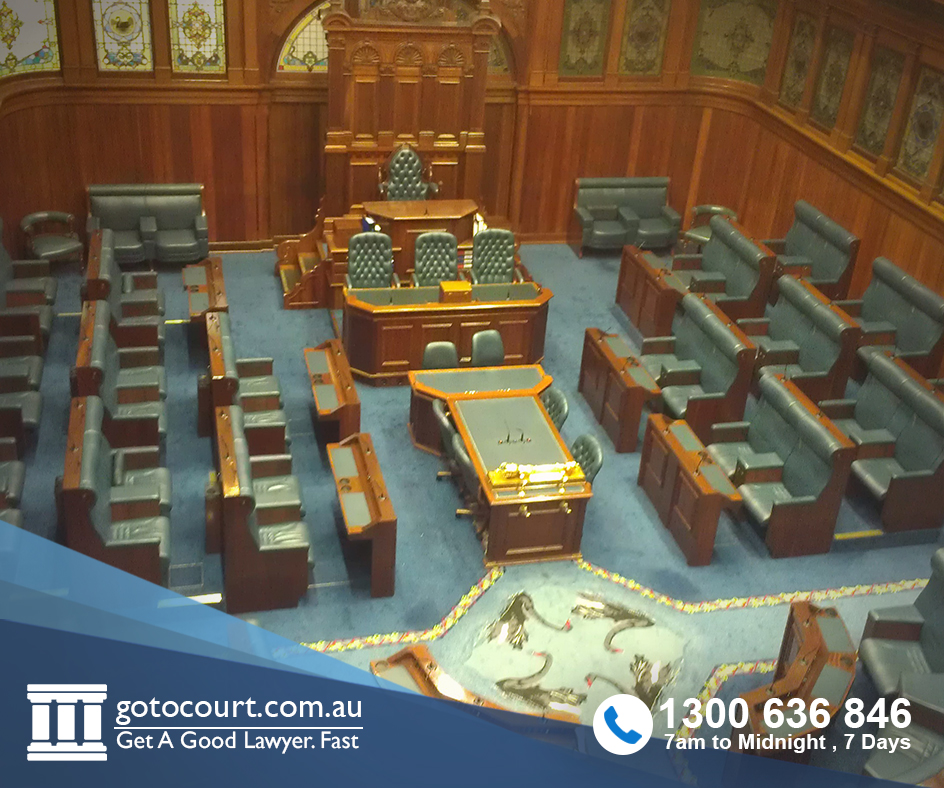Call our lawyers
now
or,
have our lawyers
call you
Family Provision Case Mead v Lemon Sets A Landmark
Family Provision Case Mead v Lemon Sets A Landmark

In Western Australia, on the 26 February 2015, a landmark decision was reached by Master Sanderson of the Supreme Court of Western Australia awarding $25 million from the Estate of the late Michael Wright to his “illegitimate” 18 year old daughter, Olivia Mead. Michael Wright was the son of the late Peter Wright, who made his fortune alongside Lang Hancock, also deceased, in mining interests. Michael Wright was also successful in his own right as the owner of Voyager Estate Winery in Margaret River, Western Australia.
In the decision of Mead v Lemon [2015] WASC 71, Master Sanderson labelled the Estate as “colossal”, and acknowledged that there was no case law which he had referred to in reaching his decision which had similar facts.
How the Family Provision Claim was made
Ms Mead had brought a claim pursuant to the Family Provision Act 1972, which is an Act to give provision for the maintenance and support of family and dependants of a deceased person out of the deceased’s estate. That Act states, at section 6, that if the Court is satisfied that inadequate provision has been made for the “proper maintenance, support, education and advancement in life” of a person who is eligible to make a claim, then the court may make an order for further provision from the deceased’s estate.
What was considered in the Family Provision Claim?
In determining whether adequate provision had been made, the Court will consider:
- The lifestyle the claimant may be a accustomed to;
- The degree of dependency between the deceased and the claimant, and between the deceased and the other parties involved in the action, whether that be financial dependence or dependence for basic lifestyle needs (such as health and well-being), or emotional dependence;
- Whether or not there are future matters for which the claimant would require provision, such as further education (as in Ms Mead’s case, where she was studying a Bachelor of Arts) or medical expenses if a claimant has ongoing health issues;
- The needs of all the interested or competing parties (that is, the other beneficiaries or potential beneficiaries of the estate);
- The size of the estate and whether or not the estate has the capacity to meet all competing claims; and
- The extent to which the claimant or other beneficiaries contributed to the deceased’s bounty (in this case, the late Mr Wright’s two daughters were involved in the success of Voyager Estate Winery).
Ms Mead was born from Mr Wright’s relationship with Elizabeth Mead, whom he never married. Ms Mead had very little contact with her father and he provided her and her mother with minimal financial support. In his final Will, Mr Wright established “the Olivia Trust” which was to constitute “a maximum amount of $3 million in cash and/or property”, the main beneficiary of which was Ms Mead and her children. He also stipulated that a beneficiary could only observe certain Christian faiths, and not be (in the opinion of the Trustee) an alcoholic or drug addict.
The decision of the Family Provision Claim
In handing down his decision, Master Sanderson stated that many of the provisions of the Olivia Trust were highly unreasonable, including that the Trustee solicitor, who had the discretion to determine whether or not Ms Mead was observing the correct faith, or drinking too much alcohol. He stated that an amount of $25 million, conditional on Ms Mead relinquishing any rights to the Olivia Trust, was reasonable, keeping in mind what a “just and wise testator” would consider is adequate provision from such a large estate. Master Sanderson acknowledged that the award of $25 million was reasonable in light of the significant size of the Estate, and the fact that all other beneficiaries were more than adequately provided for, and would hardly be affected by the order.
Legislation governing Family Provision Claims
Each of the States and territories has legislation similar to the Family Provision Act 1972 (WA), which entitles certain eligible persons to make a claim from a deceased estate, namely: Part 4 of the Succession Act 1981 (Qld), the Family Provision Act 1969 (ACT), the Family Provision Act 1970 (NT), Chapter 3 of the Succession Act 2006 (NSW), the Inheritance (Family Provision) Act 1972 (SA), the Testator’s Family Maintenance Act 1912 (Tas) and Part IV of the Administration & Probate Act 1958 (Vic).

Affordable Lawyers
Our Go To Court Lawyers will assist you in all areas of law. We specialise in providing legal advice urgently – at the time when you need it most. If you need a lawyer right now, today, we can help you – no matter where you are in Australia.How It Works






1. You speak directly to a lawyer
When you call the Go To Court Legal Hotline, you will be connected directly to a lawyer, every time.

2. Get your legal situation assessed
We determine the best way forward in your legal matter, free of charge. If you want to go ahead and book a face-to-face appointment, we will connect you with a specialist in your local area.

3. We arrange everything as needed
If you want to go ahead and book a fact-to-face appointment, we will connect you with a specialist in your local area no matter where you are and even at very short notice.












